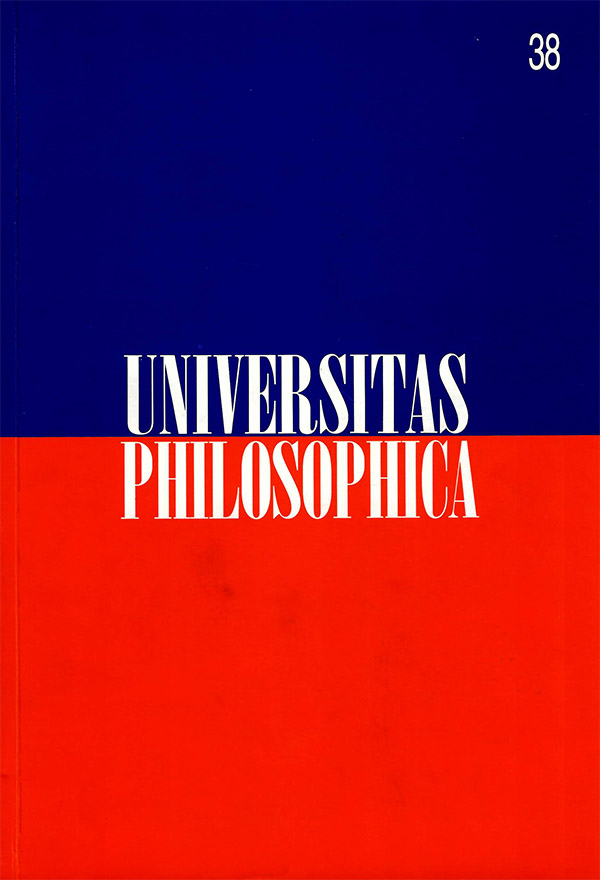Abstract
Cornelio Fabro has criticized Jaspers for having connected Kierkegaard's and Nietzsche's ideas in such a way that the first one tumed in to an "incredulous". On the contrary, we think that in spite of reaching different goals, these thinkers share a common ground: the necessity to surpass the crisis of the time they lived in. In this sense, the speculative idealism is the main enemy for both philosophers. The articulation of Kierkegaard's criticisms allows us to analyze the evolution of the Christian question from first half to the end of XIX century. While Kierkegaard was able to observe the crisis of the Danish protestant Christianity and tried to find a solution for it, Nietzsche conceived Christianity like the worse of evils of the western civilization, a synonym to "declining nihilism" that was to be overcome. This anide the aim is to analyze the conception of "Christianity" maintained by each philosopher, with the purpose of showing that the opposition to the hegelian pretension of the absolute knowledge lead to the establishment of the "finite and particular subjectivity" not determined by the necessity but by the search of freedom.
This journal is registered under a Creative Commons Attribution 4.0 International Public License. Thus, this work may be reproduced, distributed, and publicly shared in digital format, as long as the names of the authors and Pontificia Universidad Javeriana are acknowledged. Others are allowed to quote, adapt, transform, auto-archive, republish, and create based on this material, for any purpose (even commercial ones), provided the authorship is duly acknowledged, a link to the original work is provided, and it is specified if changes have been made. Pontificia Universidad Javeriana does not hold the rights of published works and the authors are solely responsible for the contents of their works; they keep the moral, intellectual, privacy, and publicity rights.
Approving the intervention of the work (review, copy-editing, translation, layout) and the following outreach, are granted through an use license and not through an assignment of rights. This means the journal and Pontificia Universidad Javeriana cannot be held responsible for any ethical malpractice by the authors. As a consequence of the protection granted by the use license, the journal is not required to publish recantations or modify information already published, unless the errata stems from the editorial management process. Publishing contents in this journal does not generate royalties for contributors.


